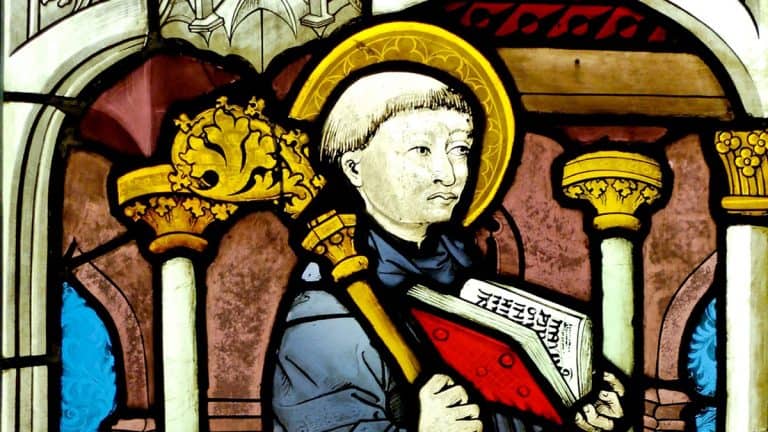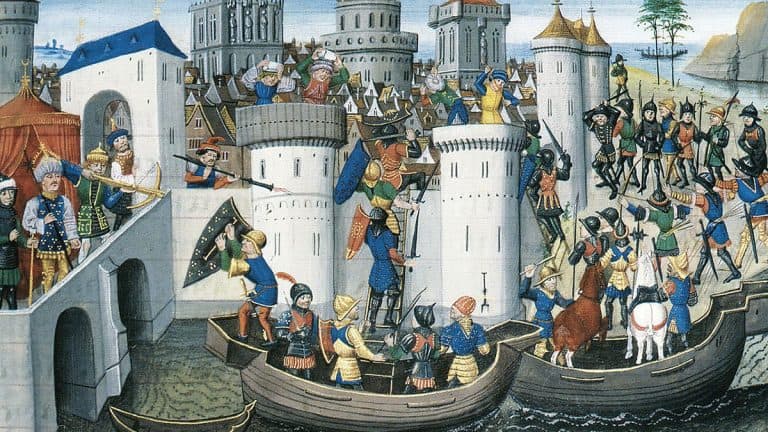English Monastic Finances in the Later Middle Ages by R.H. Snape

This book on monastic finances won the Prince Consort Prize in 1912 and was published in the hope that it would inspire other students to research in this field. However, the content is such that it would prove of interest to anyone wanting to know more about medieval monasticism. This title entered the public domain on the 1st January this year.
Robert Hugh Snape [1886-1947], English Monastic Finances in the Later Middle Ages. Cambridge: Cambridge University Press, 1926. Hbk. pp.190. [Click to download complete book in PDF]
Contents
- General Preface
- Preface
- Introduction
- The Monastic Population
- The Monastic Organisation
- The Monastic Revenues
- Aspects of Monastic Expenditure
- Monastic Debt
- The Material Comfort of Monastic Life
- Appendix A. The Cluniac Houses, 162-1279
- Appendix B. The Province of Rouen, 1548-1269
- Appendix C. The Bursary
- Index
Introduction
To most Englishmen the one great event which the mention of monasticism brings to mind is the Dissolution of the Monasteries. The centuries during which the religious houses stood to the world around as havens wherein it was possible, for some at least, to attain that life which to the mediaeval mind was beyond question the highest, are overshadowed by the moment in which they fell. With that’ fall questions are connected round which historians have joined in what may seem a battle incapable of ending. Whether the suppression of the monasteries was just or necessary, whether they had degenerated, whether their downfall represents only the achievement of one despotic will, defending itself by purchased lies and winning acquiescence by wholesale corruption, are questions which still bulk large. No student of monastic life and history can ignore them; each is in some measure bound to regard his work as a contribution towards their solution. [Continue reading]



